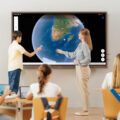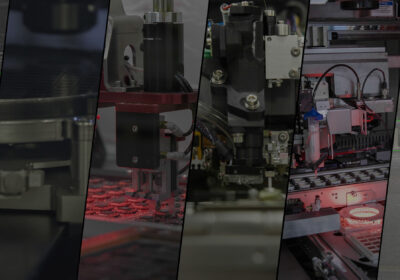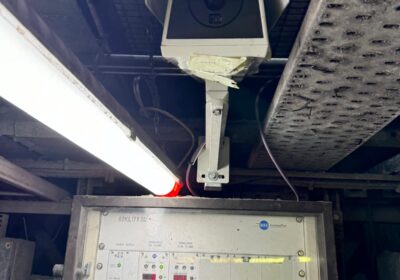~ DeSci Publish users receive content and context novelty scores for their uploaded manuscripts ~
Open science start-up DeSci Labs has expanded its novelty score feature to now generate content and context novelty scores for all newly uploaded research articles. This feature allows authors to check how surprising and unique their research is compared to the existing literature, which can help them improve their publication chances with target journals or bolster grant funding applications. DeSci Publish’s novelty score feature, first launched for already published papers last year, is the world’s first data-driven measure of novelty available to scientists and researchers.
Novelty scores are a statistical measure that was originally developed by Professors Feng Shi and James Evans at the University of Chicago. DeSci Labs applied this method to all 250 million articles that can be found via Open Alex, 55 million of which are open access. The scores provide incentives for novel work to be published and funded, helping to accelerate scientific progress. The metric measures both content and context novelty – content novelty measures the combinations of topics and concepts in the manuscript, while context novelty examines the diversity of cited sources in the reference list.
Discovering novel insights is one of the most important functions of scientific research, therefore central to the peer review process of most journals and funding agencies. Novelty is usually assessed subjectively in a peer-review process that often takes many months. A perceived lack of novelty is the leading reason why work is rejected by editors of high impact journals or funding agencies. Now, DeSci Publish users can instantly see this data-driven, automated measurement of novelty, giving them the choice of whether they want to include those metrics in their submission to a journal or funding agency. Rather than replacing traditional peer-review process, these metrics provide editors and referees with additional information they can consider.
“For several months we have had novelty metrics available to measure some of the most high-profile studies in science, including Nobel Prize winning works on DeSci Publish,” explained Professor Philipp Koellinger, CEO and Co-Founder of DeSci Labs. “Now, scientists can get novelty scores for their own manuscripts uploaded to DeSci Publish, which they can support with data, code and other artefacts.

“Making novelty scores available to researchers assessing their own work is a crucial milestone on the road to achieving our goal of accelerating scientific progress while democratising the scientific publishing landscape,” concluded Koellinger.
More information about how the novelty scores work and how they were developed can be found via the DeSci Labs website. To get your novelty score for your latest work, upload your manuscripts, data, code and other related artefacts to DeSci Publish and receive 100 GB of free data.








